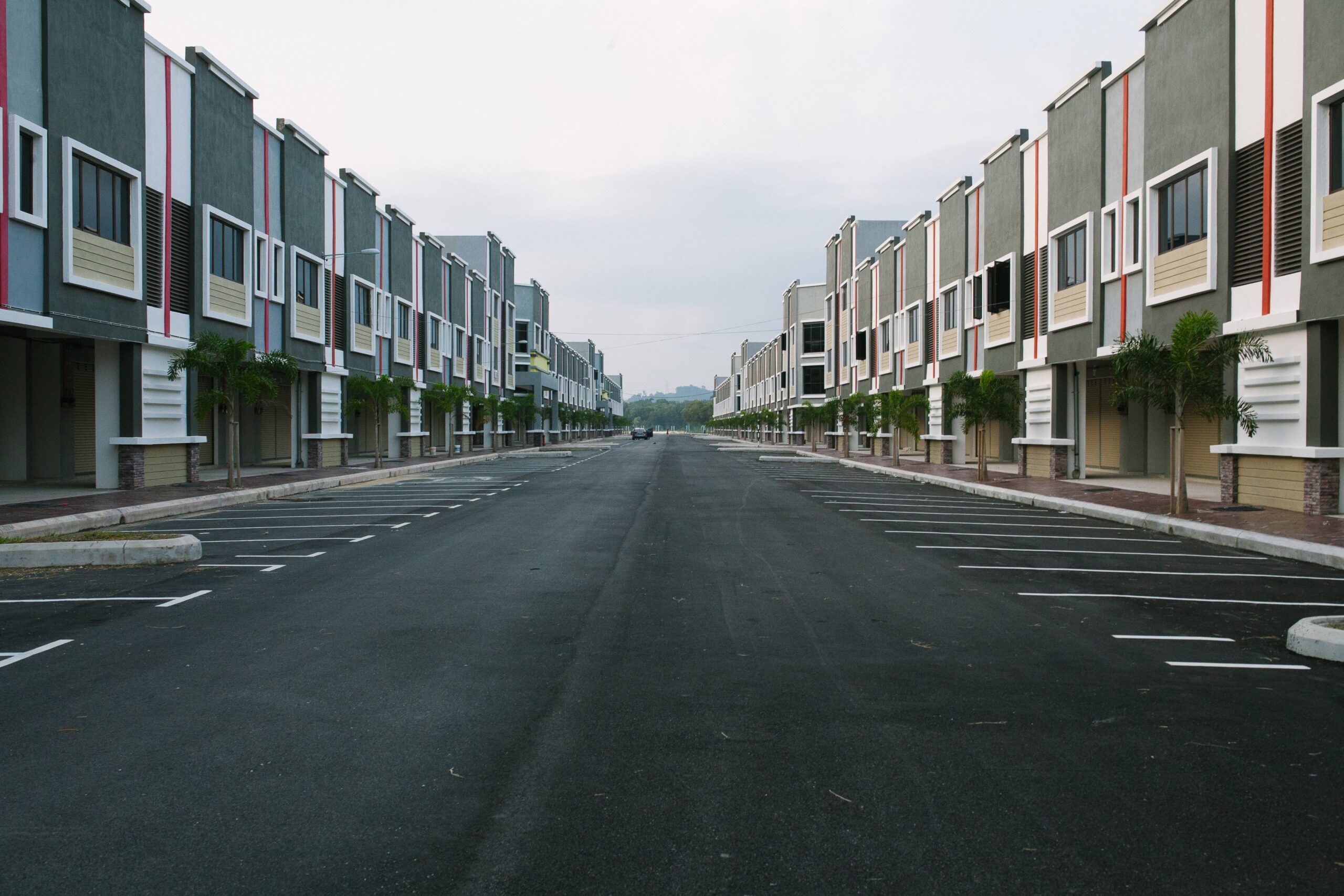- Have any questions?
- (850) 713-4866
- info@shorefront-investments.com
What Is an HOA and How Does It Work?

How to Avoid Common Home Maintenance Pitfalls
July 6, 2023
What Is ‘Subject To’ Financing and Why is Everyone Talking About It?
November 11, 2023Homeowners associations (HOAs) have become a ubiquitous part of the American residential landscape. While they can provide valuable amenities and services to homeowners, such as community pools, parks, and landscaping, they can also be a source of conflict and frustration for residents, with disputes over everything from landscaping and noise to pet ownership and parking.
In this blog post, we’ll take a closer look at what HOAs are, how they work, and some of the pros and cons of living in an HOA community.
What Is an HOA?
An HOA is an organization formed by a group of homeowners in a residential community, usually a neighborhood or a condominium complex, to enforce certain standards and regulations. Their purpose is to promote a sense of community and maintain property values by ensuring that all residents adhere to these standards.
How Does an HOA Work?
HOAs commonly operate by enforcing a set of rules and regulations that have been agreed upon by the community’s residents. These rules can cover a wide range of topics, from property maintenance and landscaping to noise levels and parking. In addition, HOAs are responsible for maintaining common areas and shared amenities such as pools, playgrounds, and clubhouses.
HOAs are governed by a board of directors, which is elected by the community’s homeowners. The board is responsible for making decisions about the community’s rules and regulations, as well as managing its finances and overseeing its operations.
What About HOA Fees?
To fund their operations, HOAs collect fees from homeowners or residents, which are used to cover expenses such as landscaping, maintenance, and administrative costs.
The amount of these fees can vary depending on the size and complexity of the community, as well as the amenities and services provided. For instance, in the Empire State, aka New York, you might be shelling out a whopping $600 a month for your HOA, which is the highest in the country. But if you’re living it up in Wyoming, the average monthly fee is only $100, which is the lowest in the land.
Top Advantages of HOAs
Some of the pros of HOAs in a residential community include:
- Representation
HOAs serve as a collective voice for the community, representing the interests of residents to local government and other organizations. They make decisions on behalf of the community as well, taking into account the feedback they receive from homeowners on various issues and concerns.
These decisions may include choosing vendors for maintenance and repair services or determining community rules and regulations. They make these decisions are made through a democratic process, often involving elected board members.
- Sense of community
HOAs foster a sense of belonging and connection in residential communities by organizing social events and activities that bring residents together, such as community barbecues, movie nights, and holiday events. These events provide opportunities for residents to get to know their neighbors and build meaningful relationships.
- Good community standards
By establishing and enforcing rules and regulations for the community, HOAs ensure good community standards. In addition, they set clear expectations for residents to maintain a consistent look and feel within the neighborhood, which can contribute to higher property values.
HOAs enforce such rules and regulations through a variety of means. This can include issuing warnings or fines for violations, conducting regular inspections to ensure compliance, and working with residents to resolve disputes. This can benefit not only individual homeowners but also the community as a whole, as it can make the area more appealing to potential buyers and investors.
- Maintenance and upkeep
Regular maintenance of common areas and facilities within the community is covered by HOA. his can include tasks such as mowing lawns, trimming hedges, repairing sidewalks, and maintaining parks, pools, and other recreational areas.
To provide maintenance and upkeep, HOAs usually hire vendors or contractors to perform the necessary tasks. This way, HOAs can ensure that maintenance tasks are completed to a high standard and in a timely manner, minimizing disruptions to residents and ensuring that the community remains an enjoyable place to live.
- Dispute resolution
HOAs offer a variety of dispute resolution mechanisms to help homeowners resolve conflicts with their neighbors or the association itself. One common method is mediation, which involves a neutral third party who helps the parties involved in the dispute reach a mutually agreeable solution. The mediator may be a trained professional or a member of the association’s board. Mediation is often less formal and less costly than going to court, and it can be an effective way to address conflicts and improve communication between parties.
Another common method is arbitration. In arbitration, a neutral third party listens to both sides of the dispute and makes a final decision that is binding on both parties. This process is more formal than mediation and may be required by the association’s governing documents. Arbitration can be faster and less expensive than going to court, but it may not allow for as much input from the parties involved in the dispute.
Are HOA Fees Included in Property Listings?
Whether or not HOA fees are included in property listings can vary depending on the real estate market and the specific listing. In some cases, the HOA fees will be listed along with other details of the property, such as the price, number of bedrooms and bathrooms, and square footage. However, in other cases, the HOA fees may not be listed at all, or they may only be listed in a separate section of the listing.
Final Thoughts
It’s always a good idea to ask your real estate agent or the seller about any HOA fees associated with a property, even if they’re not listed in the initial listing, as they can have a significant impact on the overall cost of owning the property.
That said, if you’re looking for a high-equity property to purchase, with or without HOA fees, you can reach out to Shorefront Investments. They offer deeply discounted homes across the U.S., some of which include cash-flow properties, condominiums, townhouses, and distressed properties. Call them at (850) 713-4866 to learn more.




